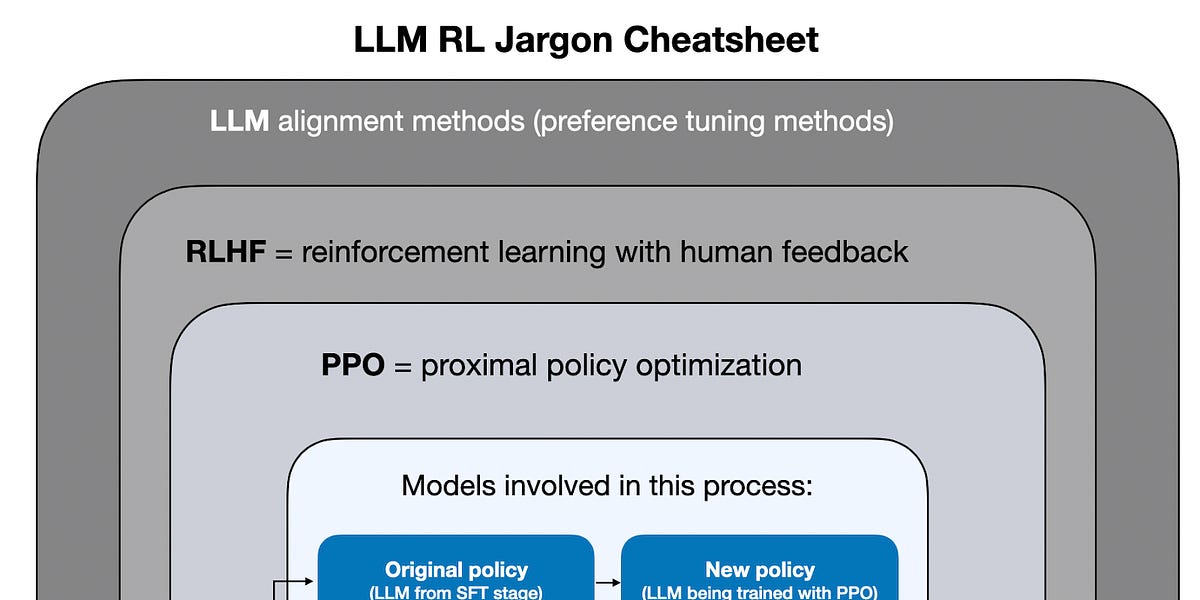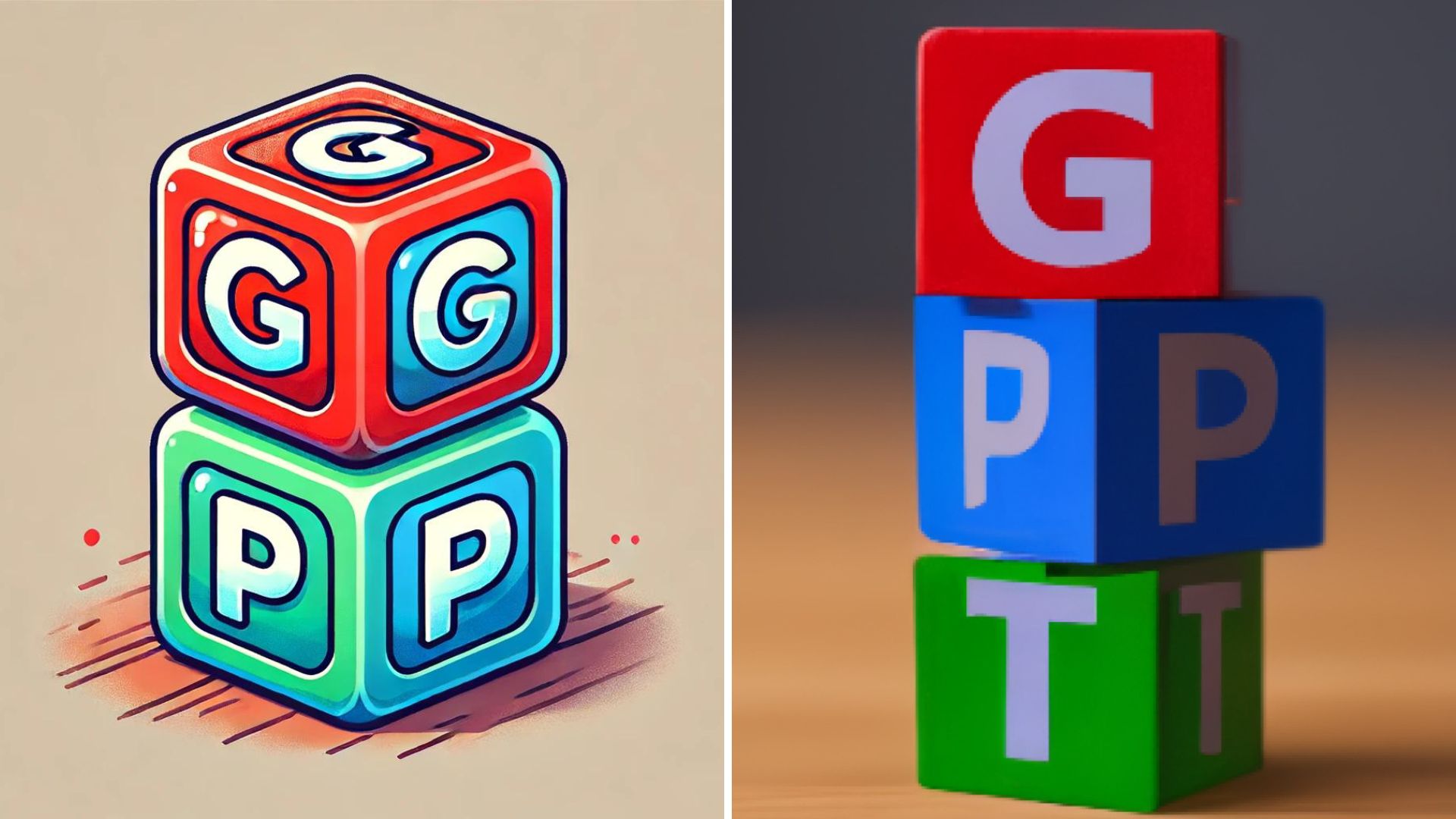While innovation thrives, the ecosystem needed to support AVs remains largely underdeveloped.

Illustration by Diksha Mishra
The autonomous vehicle (AV) market in India is developing steadily, thanks to a concerted effort from both well-established industry titans like Mahindra and Tata Motors as well as forward-thinking startups like Minus Zero, Swaayatt Robots, Flux Auto, and Flo Mobility.
In an effort to lessen its dependency on foreign technology, India is concentrating on fostering startups and domestic inventions in the backdrop of the United States raising tariffs.
These businesses are advancing quickly in the hopes of creating state-of-the-art autonomous driving technology that is suited to India’s convoluted and uncertain roadways. However, the country still faces obstacles that hinder its progress, including cybersecurity threats, infrastructure deficiencies, and regulatory uncertainties.
Furthermore, India is still unprepared to officially allow AVs on the road. Numerous factors contribute to this, such as poor road maintenance, a dearth of intelligent traffic systems, and erratic internet connectivity, particularly in rural and semi-urban areas.
Besides, traffic laws once created for conventional cars are ill-equipped to control autonomous systems. For instance, a research paper by Vatsal Tripathi of OP Jindal Global Law School suggests that while global frameworks prioritise structured testing, licensing, liability guidelines, data protection, and public safety, India lacks a unified approach to address these important aspects.
Bengaluru-based startup Minus Zero’s founder describes India’s roads as highly unpredictable, with challenges such as poorly enforced traffic rules, lack of lane discipline, vehicles driving in the wrong direction, and unexpected obstacles like pedestrians and cows crossing randomly.
So, while innovation thrives, the ecosystem needed to support AVs remains largely underdeveloped.
Homegrown Innovations Taking Center Stage
Minus Zero is redefining autonomous driving by focusing on vision-based systems. “We are trying to build end-to-end foundational models for driving. The idea is that your images will be the input. So, it is a pure vision-based system,” Vikram Gupta, head of AI research at Minus Zero, told AIM.
He added that Minus Zero is trying to solve autonomous driving or self-driving even for places where roads do not have lanes or people drive on the wrong side of the road.
Backed by Nikhil Kamath’s WTFund, BYTES is another Bengaluru-based startup which focuses on two-wheeler safety. Co-founders Prakhar Agrawal and Aayush Kumar “want to democratise ADAS features for everyone”. In a podcast, Agrawal shared that he enjoys bike rides, but can’t deny that 60% of accidents involve two-wheelers.
Similarly, Bhopal-based Swaayatt Robots has been developing AV technology since 2016. The startup modified a Mahindra Bolero and conducted several tests on the streets of Bhopal, at 35km/hr, and even on highways.
Legacy Giants Enter the Race
Giants like Mahindra and Tata are also entering the fray with their AV models. With Trump’s tariffs impacting the global market, Tata has opted to develop its own Level 5 AV model, Tata Yu, instead of continuing its supplier relationship with Tesla. This concept was patented by Tata Motors and developed at the Strate School of Design, Bangalore, over six months.
The chairman of Tata Group, N Chandrasekaran, clarified that Tata Motors is not collaborating with Tesla in any official capacity.
With a focus on a market where self-driving capabilities may be a significant differentiator, Mahindra invests in the development of autonomous and electric vehicles. Aiming to integrate smart transportation systems nationwide, companies like Tata Elxsi are developing AI-driven solutions for autonomous mobility.
Regulatory and Infrastructure Roadblocks
Despite the advancements, significant infrastructure and regulatory barriers stand in the way of India’s aspirations for driverless vehicles. To safeguard drivers’ jobs, transport minister Nitin Gadkari announced in 2017 that India would not permit autonomous vehicles. Controlled trials were made possible by revisions made the same year that included clauses pertaining to AV testing and regulations.
However, the absence of a thorough regulatory framework prevents widespread adoption.
To accommodate self-driving technology, India needs to update its traffic regulations significantly. Intelligent traffic lights, clean roads, and dependable communication networks are necessary for AVs to function. Poor road conditions in many Indian towns, especially in semi-urban and rural areas, pose additional challenges.
Cybersecurity is yet another issue. Data-driven, autonomous cars mostly depend on internet access (4G and eventually 5G) for navigation and in-the-moment decision-making. Before widespread deployment, AVs must be protected from hacking and data breaches, and India also needs to strengthen itself in the server.
Global Competition: Can India Keep Up?
Global AV leaders are advancing as India negotiates these difficulties. For instance, China has set up AV testing areas in Shenzhen, Shanghai, and Beijing, among other large cities. With the backing of smart road infrastructure and government regulations, companies such as Baidu Apollo, Pony.ai, and AutoX are currently operating autonomous taxi services.
Robotaxi services have been introduced in US locations like San Francisco and Phoenix, which are home to industry titans like Waymo and Cruise. Recent accidents, however, draw attention to how difficult it is to install AVs.
Meanwhile, Tesla has begun the Model Y and Model 3 vehicle homologation procedure in India, indicating that it is getting ready to enter the market. High import taxes and India’s drive for independence, however, force multinational corporations to change or work with regional producers to thrive. The development of autonomous vehicles by Indian companies makes it increasingly difficult for foreign players to enter the industry.
📣 Want to advertise in AIM? Book here
Amisha Arya
A journalist with a keen eye for detail and a deep commitment to ethical reporting. As a rising journalist I am committed to continuous learning, professional growth, and making a meaningful impact in the field.
Related Posts
Subscribe to The Belamy: Our Weekly Newsletter
Biggest AI stories, delivered to your inbox every week.
Happy Llama 2025
AI Startups Conference.April 25, 2025 | 📍 Hotel Radisson Blu, Bengaluru, India
Data Engineering Summit 2025
May 15 - 16, 2025 | 📍 Hotel Radisson Blu, Bengaluru
MachineCon GCC Summit 2025
June 20 to 22, 2025 | 📍 ITC Grand, Goa
Cypher India 2025
Sep 17 to 19, 2025 | 📍KTPO, Whitefield, Bengaluru, India
MLDS 2026
India's Biggest Developers Summit | 📍Nimhans Convention Center, Bengaluru
Rising 2026
India's Biggest Summit on Women in Tech & AI 📍 Bengaluru

 2 weeks ago
8
2 weeks ago
8









